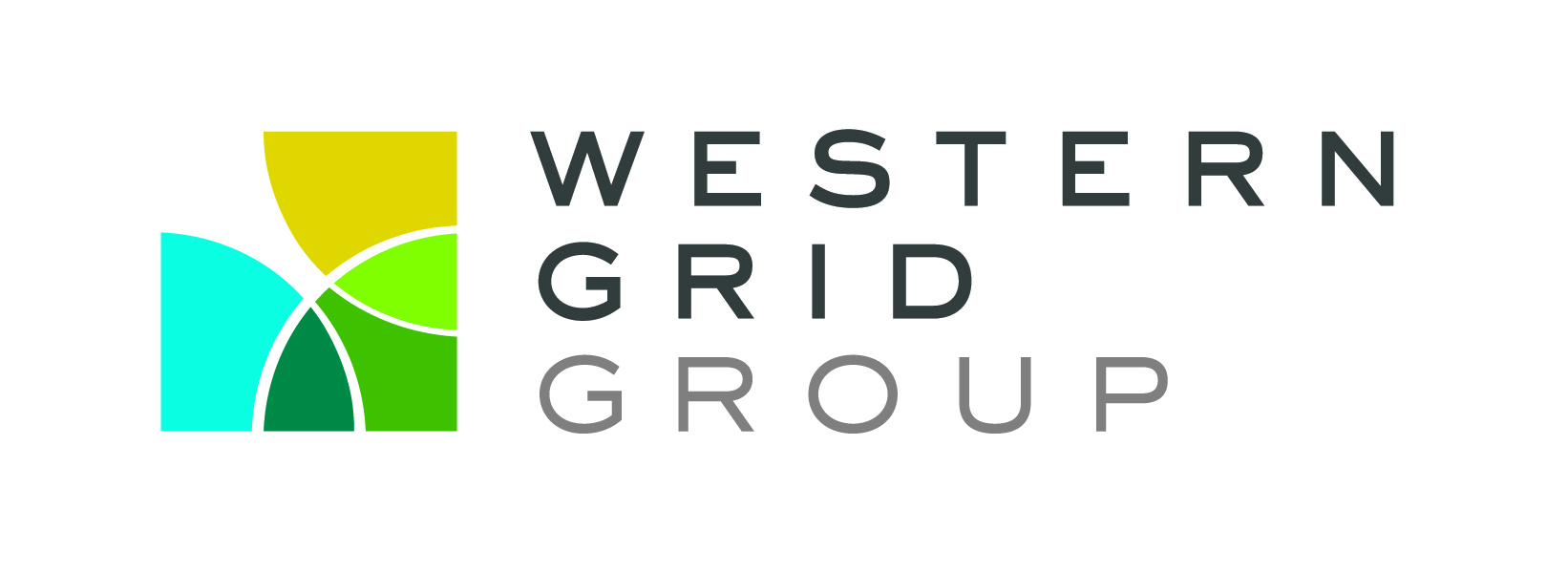Meeting greenhouse gas reduction targets established by the Intergovernmental Panel on Climate Change creates opportunities to evolve a more secure and sustainable energy economy. A clean electric sector can reduce the environmental damage of energy production, advance public health and create more jobs than energy business as usual.
The first steps are to change current regulatory policies and utility practices to increase utilization of energy efficiency, demand resources and renewable energy on a large scale. This transition sets the context for Western Grid Group work.
The mission of Western Grid Group is to develop and work to implement policies to:
- Improve the efficiency of the existing grid, to provide near-term access for clean power;
- Ensure transmission and system planning incorporates all cost-effective energy efficiency, dynamic load resources and distributed generation, and minimizes and mitigates electric sector environmental impacts; and
- Expand the grid, to access and deliver renewable energy; minimize life-cycle greenhouse gas emissions; and enhance system reliability.
History
Western Grid Group (WGG) was formed as West Wind Wires in 2003 as a network of former state regulators and clean energy project developers, to win transmission access primarily for wind power projects. We renamed it Western Grid Group in 2008 to reflect the fact that our policy work seeks to accelerate the incorporation of a broad range of cost-effective, low-carbon technologies into the electric system. Securing development of the infrastructure needed to achieve carbon reduction goals remains our primary focus.
Beginning with the Rocky Mountain Area Transmission Study (RMATS) in 2003, we have played a leading role in helping decision-makers and stakeholders envision an electric sector without coal—one that can be more reliable and lower cost than the utility system we have now.
We have been central players in all major state and regional planning initiatives in the west since 2003. In addition to RMATS, these include the Clean and Diversified Energy Initiative; the Frontier Line study; the Western Renewable Energy Zones initiative; and renewable energy zone identification in AZ, CA, CO, NV and UT. This year, as discussed below, we have had significant influence on the WECC Regional Transmission Expansion Planning process.
